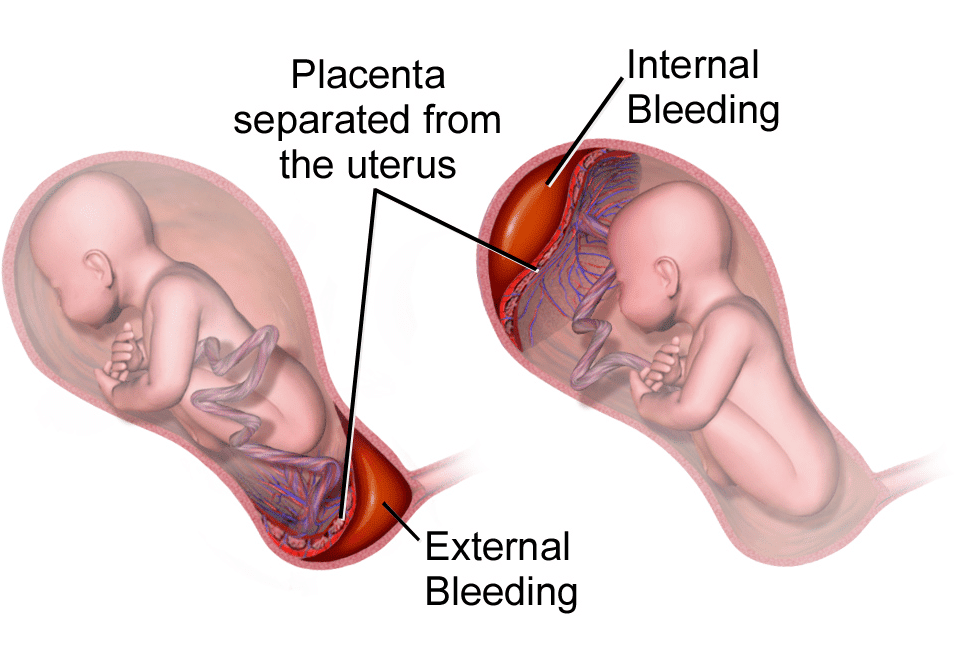Being told you have an ovarian cyst often leaves you with more questions than […]

This is a serious condition where the placenta prematurely separates from the uterus. It occurs more commonly in the third trimester. It can be potentially life-threatening as it can cut off the blood supply and oxygen to the baby and result in heavy bleeding for the mother.
In many cases, the cause cannot be found. Some risk factors include:
Symptoms can occur suddenly (acute), or slowly over time (chronic).
If you think you may be having placental abruption, contact your gynaecologist immediately.
Placenta abruption is an emergency due to potential life-threatening effects on both mother and child.
Mother
Baby
Depending on the situation, you may require:
You do have an increased risk of having placenta abruption in your subsequent pregnancies – if there was a known cause e.g. smoking or hypertension, you should control these to reduce your risk. Do speak with your gynaecologist for advice.
Photo credit: Blausen.com staff (2014). “Medical gallery of Blausen Medical 2014“. WikiJournal of Medicine 1 (2). DOI:10.15347/wjm/2014.010. ISSN 2002-4436.
Being told you have an ovarian cyst often leaves you with more questions than […]
Chronic bloating. Lower back pain. Fatigue that lingers even after rest. These are symptoms […]
Many women live with Polycystic Ovary Syndrome (PCOS) without realising fact from fiction. This […]





Aster Gynaecology © | All Rights Reserved.